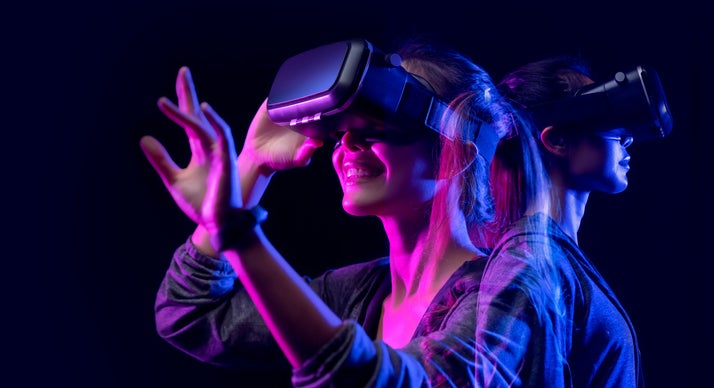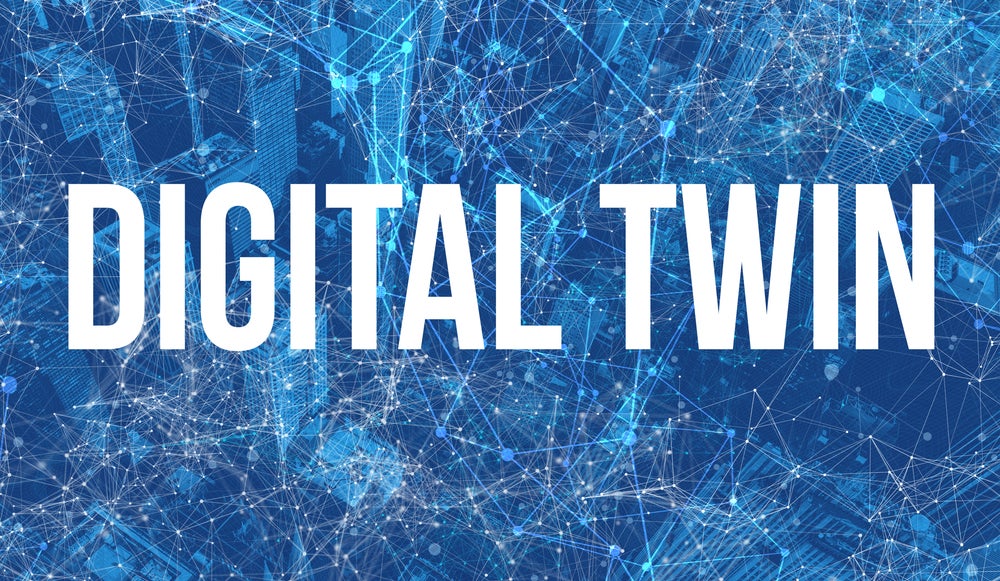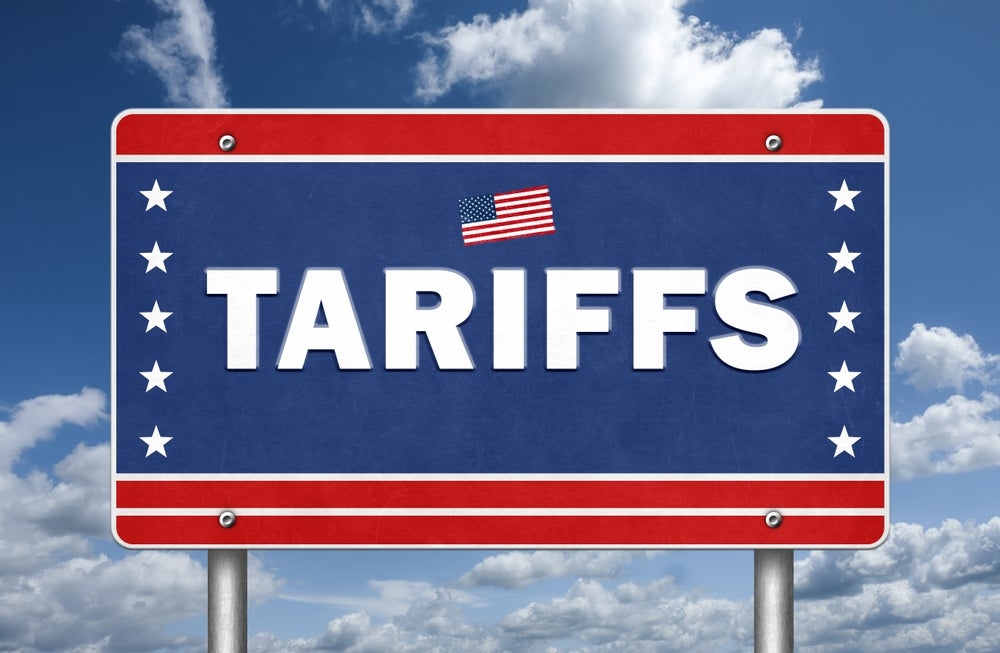
Although the metaverse has the potential to be the next mega-theme in digital media, it is still in development. With no standard definition at the time of writing, the metaverse means different things to different people depending on the nature of their business.
This means most companies can make the metaverse be whatever they want it to be and build it around their core technology competencies. For instance, Microsoft’s Mesh is based on its capabilities in cloud computing, artificial intelligence (AI), and augmented reality (AR). Meta, on the other hand, is focusing on AI and virtual reality (VR).
Research firm GlobalData defines the metaverse as a virtual world where users share experiences and interact in real-time within simulated scenarios. It will make digital media experiences more immersive, inclusive and accessible than today. But it will raise social concerns ranging from data privacy to other forms of online harm.
Companies of all sizes are striving to dominate the metaverse
Metaverse-developers can be classified into two groups. Big tech such as Meta, Nvidia and Alibaba and designing closed platforms whereby all operations are controlled by one company. This type of setup is referred to as a walled gardens.
De-centralised autonomous organisations, or DAOs, such as Decentraland and The Sandbox are allowing network members to decide how the platform will develop. They are more transparent and collaborative, embracing the Web3 concept.
Companies from non-tech sectors are investing in the metaverse to engage with customers, expand brand awareness, and identify new revenue streams. For example, apparel giants like Nike, Gucci, Adidas, Ralph Lauren, and Balenciaga have moved into the metaverse to push digital fashion.
In the future there will likely be multiple metaverses
Although the metaverse refers to a single virtual world, in the long run, there will likely be multiple metaverses. GlobalData classifies the types of metaverse based on three parameters: end-user, platform, and accessibility.
Metaverse platforms currently under development are focused either on the consumer market or the enterprise market. Epic Games and Roblox concentrate on consumer end-users, while Nvidia intends to dominate enterprise. Microsoft and Meta are interested in both markets with specific platforms catering to each user group.
Platforms can be classified as either open or closed based on interoperability with other platforms and governance systems. For instance, traditional games such as Fortnite are closed, as users cannot use avatars from other platforms nor access content generated elsewhere. Alternatively, blockchain-based VR platform Somnium Space lets users port avatars from external sources and allows users to monetise their creations.
User demand for monetisation in the metaverse will likely force closed platforms to allow interoperability eventually.
Accessibility will determine the future immersivity and use cases of metaverses. High-end devices will support more immersive use cases than low-end devices, but the latter will attract users faster than the former due to their existing installed bases, lower cost, and relative ease of use.
GlobalData is the parent company of Verdict and its sister publications.







